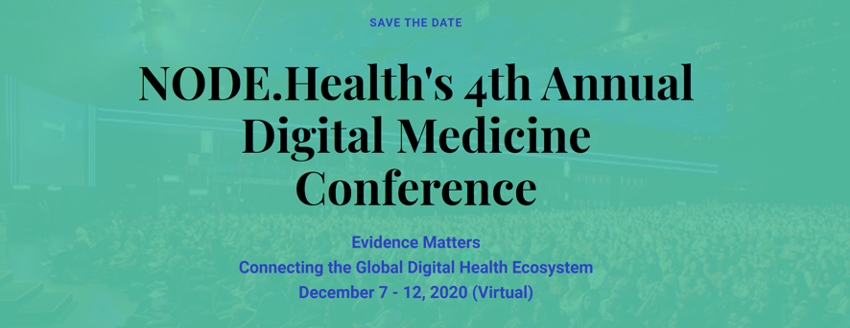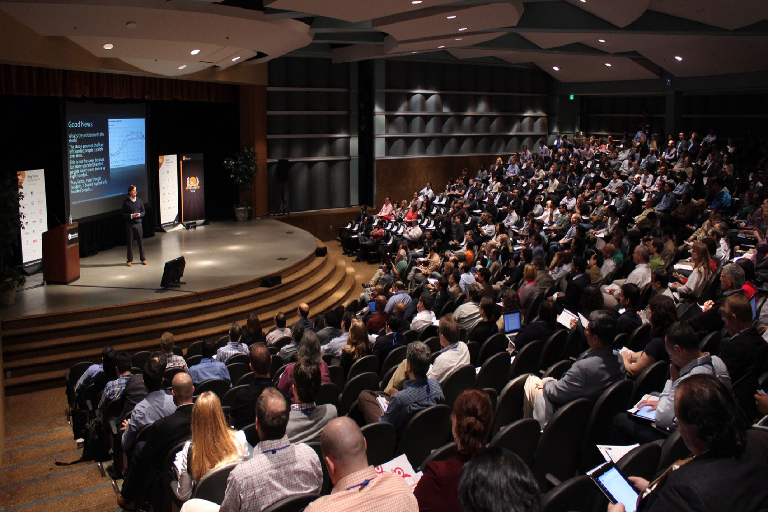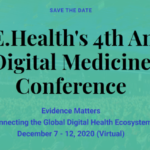Another in a long list of studies shows most doctors are dissatisfied with their EHR, but they don’t want to return to paper records either
According to a RAND survey, 80 percent of doctors say they are dissatisfied with EHRs. No surprise really, since in November a survey by IDC Health Insights found 60 percent of doctors were unhappy with EHRs, citing increased time for documentation and less time with patients as the top reasons. In December, Health IT Outcomes reported a RAND study that found EHRs were affecting physicians’ personal satisfaction.
“Physicians believe in the benefits of electronic health records, and most do not want to go back to paper charts,” said Dr. Mark Friedberg, the December study’s lead author and a natural scientist at RAND. “But at the same time, they report that electronic systems are deeply problematic in several ways. Physicians are frustrated by systems that force them to do clerical work or distract them from paying close attention to their patients.”
This latest survey from RAND found similar results – physicians are unhappy with the state of EHRs but are not willing to return to paper records. According to US News and World Report, satisfied doctors are important to a productive and quality care facility. “One of the highest correlations with satisfaction was whether the physician felt he had adequate time with the patient,” says Dr. Jay Crosson, vice-president of professional satisfaction of the American Medical Association and a co-author of the latest Rand report. “Time to counsel on lifestyle, or talk about preventive screenings. Everything that detracts from that time is a dissatisfier.”
According to iHealth Beat, the surveyed physicians identified several EHR-related concerns, such as:
- excessive electronic alerts and messages
- interference with clinical workflows
- interruption of face-to-face patient care
- lack of efficiency
- time-consuming data-entry
- lack of interoperability and HIE with outside providers
“There’s a lot more to taking care of patients than just knowing which pill to give them,” one primary care physician told the Rand researchers. “I mean, the whole healing art, it isn’t just biochemistry. This organization allows you time to get to know your patients and also to dig deep, take care of all the details, which are important, and do a good job of it.” Source






























